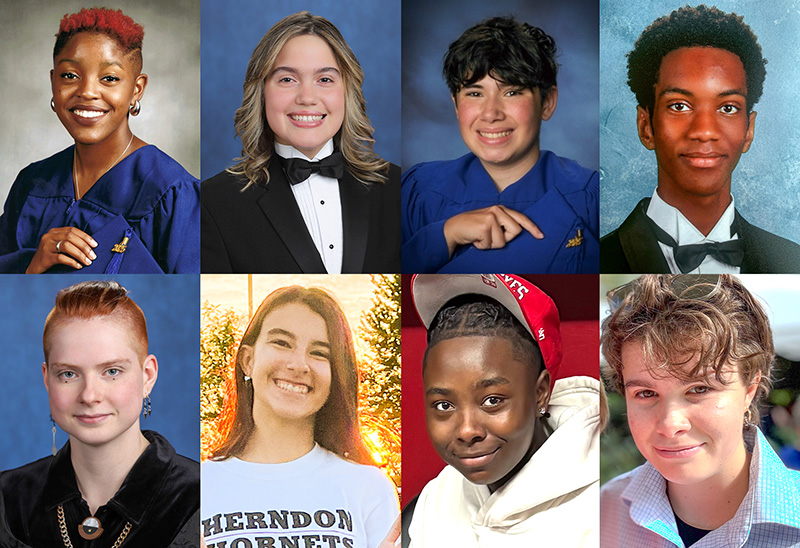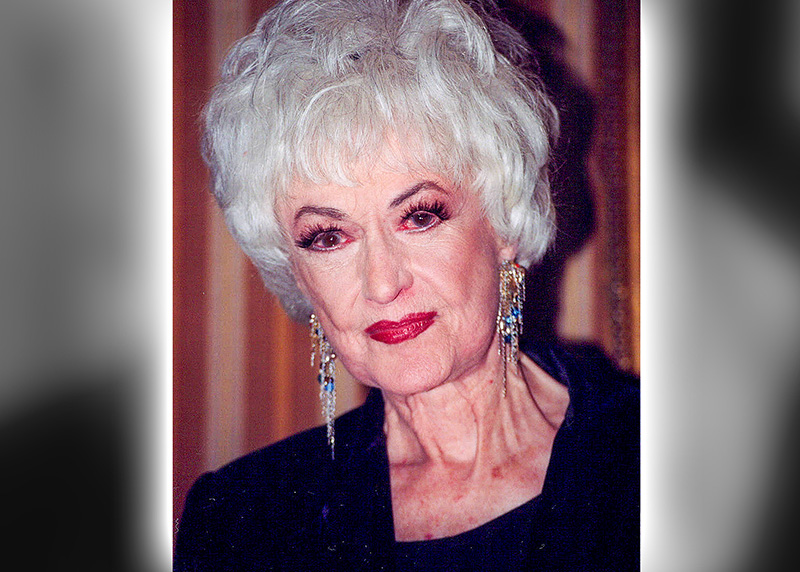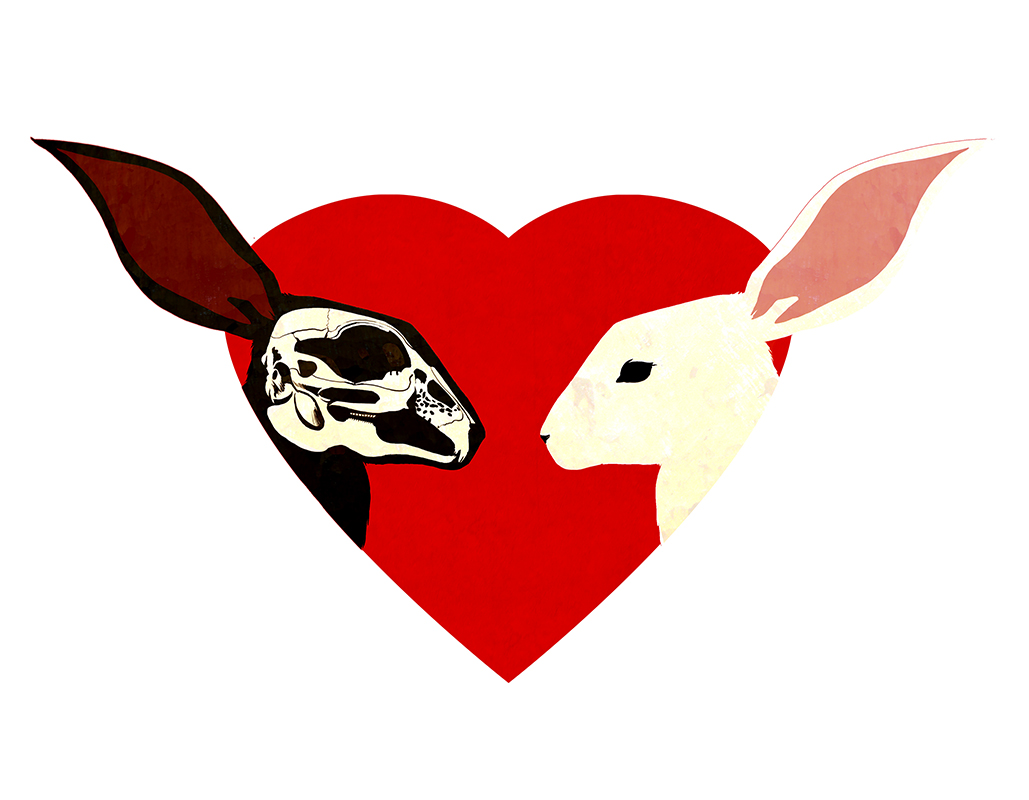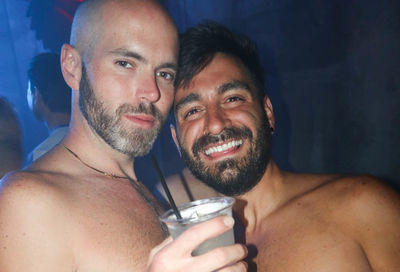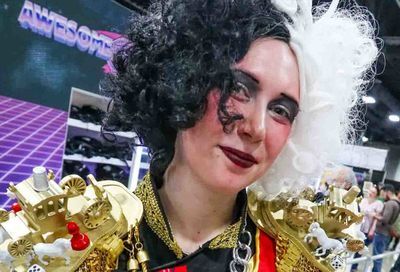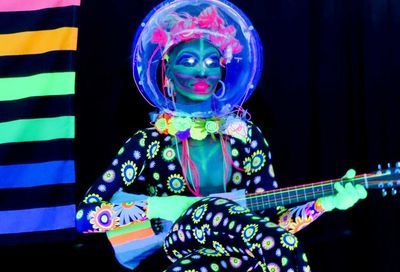Game Change: The State of LGBT Gaming
LGBT characters have played roles in three decades of gaming, but have never managed to reach ubiquity. That may be about to change.
LGBT gaming has a meek past, but what about its future? Within one week gaming will have entered a new generation of home consoles. Sony releases its PlayStation 4 Nov. 15 for $399, while Microsoft releases Xbox One a week later for $499. Both are pretty evenly matched, and the decision of purchase comes down to existing preference and the litany of exclusive games that both consoles have. What both also represent, however, is a relative time-shift in gaming terms. We measure gaming, whether on a console or on a PC, in terms of the generation of home consoles that we are on. The PS4 and Xbox One represent the eighth generation, and with that generation comes fresh hope and optimism for gaming. What incredible new graphics will we see with the power of the consoles? Where will game developers take us as they let their creativity run wild? Will we finally see a major game with an LGBT lead character?
That latter question, especially in light of the incredible social advances that have happened in recent years, is one that will increasingly be asked of developers, publishers, console manufacturers and gamers themselves alike. Will the eighth generation of home consoles be the one that allows an LGBT teen to sit down at their PS4 or Xbox One, turn on their console and immerse in a world where they can fully express themselves, rather than fitting into a pre-determined role that is more than likely that of a heterosexual male.
The better question for now is whether a game like that would even make it to console. While gaming has no major — or even minor — queer-focused development crowd, if you want to play a specifically gay-oriented game, you really only have one option: PC. The open, free access to gaming development on PC means that, regardless of scope or budget, it’s possible for a gay developer to craft something, get it online and have it be played by its target audience.
Trans gaming, in particular, is largely without any real representation. But transgender game-developer Anna Anthropy has made herself something of an indie-darling for just that: creating games that deal with trans and queer issues. Mighty Jill Off is a game that features a lesbian protagonist with a boot fetish, and explores BDSM in its gameplay and difficulty — albeit in the guise of a simple platformer.Lesbian Spider Queens of Mars is deceptively simple, with its maze-orientated gameplay, but it’s also sexy, tongue-in-cheek, features a lesbian protagonist and manages to be both challenging and rewarding, as well as a nice throwback to ’80s arcade games. Anthropy’s magnum opus, at least in my eyes, is Dsy4ia. Created as a simple browser game, it was developed by Anthropy to recount her experiences of gender-identity disorder and hormone-replacement therapy. It’s an incredibly simple game. In fact, its basic interaction is the only real “gaming” part of it — but it’s also incredibly effective. Managing to be both thought-provoking and amusing, it follows six months in Anthropy’s life as she struggles with her identity, her hormones and her relationship. Anthropy explained her reason for discussing the topic in a game, rather than a blog post or novel, with Penny Arcade Report: “This was a story about frustration — in what other form do people complain as much about being frustrated? A video game lets you set up goals for the player and make her fail to achieve them. A reader can’t fail a book. It’s an entirely different level of empathy.” Dys4ia, with its simple graphics and even simpler gameplay, won’t revolutionize gaming, but it and Anthropy’s other games are important lifelines to those who are otherwise ignored and marginalized by society and by mainstream gaming.
The same can be said of Up Multimedia’s My Ex-Boyfriend the Space Tyrant, created by Luke Miller. It is, in many ways, a unique game. Catering to a gay male audience, it features a gay protagonist, gay characters and a gay enemy in a storyline that is unashamedly camp and over-the-top. As a game, it doesn’t challenge any of the mainstream hitters, or even many indie titles. Its gameplay is relatively simple. It’s got a few bugs and glitches, and it’s a short, repetitive experience. These are, however, all symptoms of its small development pool and limited budget. Where it excels is in its story, its witty and referential writing, and its unique, cartoonish art style. It’s got puns, innuendos, romance, 8-foot-tall enemies who are symphonies of muscle, a drag queen, gym-fit characters and a middle-aged lesbian couple. It has it all. It’s a revelation — especially after years of games that have a gay character added on or an optional gay-romance story — to play something that is just straight-up gay.
“Game developers are champing at the bit to tell new stories in new ways,” Miller told Metro Weekly via email, “and the discussion about LGBT voices in games is part of that wider debate about what is possible in this largely undeveloped art form.” Miller is aware of the failings of developers, both indie and mainstream, to tap into the queer market effectively. “There is general recognition in the industry that we can and must do much better, especially with regards to telling stories that appeal to women, gay gamers and other under-represented groups. The audiences are demanding it but also, importantly, the content makers, who are often LGBT themselves, are no longer willing to remain invisible.”
In terms of gay gaming, it’s indie developers like Miller who will be leading the charge. The cheap access to development tools makes it easy for developers to craft specific stories and cater to markets that big-budget developers have yet to tap. Toni Rocca is president of GaymerX, an LGBT-focused gaming exhibition that ran for the first time in San Francisco in August. As well as offering a place for LGBT gamers and developers to meet and discuss gaming, it gave attendees a space to feel comfortable away from the often masculine and hetero-focused conventions where gay or trans gamers may feel less-inclined to be open. Rocca agrees that the next stage of LGBT gaming will take place on PC, away from home consoles. “Whether people get their Xbox or PlayStation,” he says, “they’ll be spending a good chunk of time and money on Steam and freeware games. This is, I believe, especially true of queer gamers. LGBTQ individuals are taking game creation into their own hands. This new wave of queer games is something of a revolution, and we are learning quickly that it doesn’t really have the patience to wait for console licensing processes.”
It’s a sentiment that Miller echoes. “The other big trend I think we will see in the next few years is openly-gay games from the indie scene. Games where the gay content is front and center and the emphasis is on story. Whereas big games will have LGBT content as a discreet aside, there will be a growing library of indie games with queer protagonists and lifestyles for those of us who want an unadulterated gay experience.”
Should a queer, indie game prove successful, it could quickly find itself in the mainstream. That’s what occurred with Fullbright Company’s Gone Home this year. In the game, the protagonist returns home to discover her parents and teenage sister are missing, and the house empty. Over the course of the game, the player explores the home, unlocking snippets of dialogue that slowly unravel the narrative of the sister while discovering items and personal effects that further detail the events that took place. It is, on first impressions, a point-and-click, immensely detailed exploration game. But it’s in the narrative that Gone Home provides a stunning revelation. Slowly, teasingly, it reveals — and I caution spoilers here, so skip the next few sentences if you’d rather play for yourself — that the younger sister is coming to terms with her sexuality, and that she ultimately is missing as she has ran away with her high school lover. It’s a revelation that surprised many, and delighted many more. Gone Home brought LGBT gaming into the limelight, and did so as a small, indie title, and in a way that didn’t force gamers into the awkward position of having to play as an LGBT character if they didn’t wish to.
Steve Gaynor, the co-founder of Fullbright Company, is a champion of PC development and its ability to allow gaming experiences that can offer such positive inclusions of LGBT themes. “The new consoles aren’t the only place to look for interesting new experiences in games,” he says. “PC and Mac as well as mobile platforms are all thriving with new releases by independent developers that don’t need to target the 18-to-24-year-old straight male demographic to succeed.” He is, however, all too aware of the relative lack of a dedicated LGBT-focused portion of the gaming industry. “While my guess would be that a segment of the industry catering specifically to LGBT audiences will remain small, I know that more games in both the indie and mainstream space will continue to gain more freedom to explore more varied and relevant themes than ever before. And hopefully that will give the LGBT audience, and everyone else, more interesting and personal gaming experiences to connect with.”
If indie gaming is the future of gay gaming, where does that leave the console gamer? Are we condemning those who don’t have a computer to play games on to sit out the next generation as LGBT developers find their footing in the gaming world? It doesn’t have to be that way. The Entertainment Software Rating Board, which decides on the ratings that games get upon their release, openly stated that they will not discriminate on the ground of sexuality when it comes to rating a game for console release. Spokesman Eliot Mizrachi told Metro Weekly, “ESRB treats all characters the same regardless of their sexual orientation; whether they are gay or straight has no bearing on our ratings. But if content is sexual it can certainly impact the age rating category, and we will label it as such regardless of the gender of the characters involved.” What this means for young gamers, those who aren’t yet old enough to play mature games, is that should a developer include a gay character into a normal game, it won’t be penalized for that character being gay. And, really, what better way for a struggling gay youth to feel normal than for them to see a gay character alongside their straight friends in a game?
Electronic Arts has already thrown its hat into the LGBT-friendly ring, and other publishers seem willing, too. Sony Online Entertainment, whose parent company makes the PlayStation, and Valve, which operates one of the largest online PC game stores and also make games, both sponsored Sydney Gaymers, a group of LGBT-inclusive gamers based in Australia, when they decided to march in the Sydney Mardi Gras Parade. Sony is bringing a renewed focus on indie gaming to the PS4, which may in the future see LGBT games such as Gone Home coming to the platform should there be enough support for them — though this is, of course, just speculation. A Microsoft spokesperson, when asked by Metro Weekly whether they would support greater focus on LGBT gaming, responded, “The Xbox community is larger and more diverse than ever before. With the launch of Xbox One, we are excited to welcome everyone into a new generation of games and entertainment.”
Ultimately, as we move into the next generation, LGBT gamers shouldn’t feel forced to play just indie, PC titles in order to feel included. The fantastic work of indie developers can’t be ignored — they are opening important doors for LGBT people — but is it too much to ask that a big-budget studio, in this day and age, take a risk and throw a likeable, playable LGBT character into a game? Controversy breeds normality — there will, of course, be an initial backlash from the vocal minority who can’t stand to see inclusion. When My Ex-Boyfriend The Space Tyrant was submitted to Valve’s Steam game store, comments ranged from, “If this was lesbians it would be awesome, but it’s not. Get this shit off steam please,” to simply “fag shit.” Such vitriol will hopefully soon be relegated to the history books.
Gaming really is an all-encompassing experience. Pick up a controller, grab a mouse, or even tap on a mobile screen, and you’re taken from reality. For an LGBT gamer, particularly one who is still struggling to admit that they are gay, or bisexual, or that they are having gender-identity issues, having a way to remove yourself from the worry and complexity of normal life is an intoxicating elixir. What our responsibility, and our goal, for the future should be is to make sure that when an LGBT person picks up a controller they’re not picking up another gateway to prejudice and exclusion. I want to be able to go into a multiplayer game and not hear people throw about “Homo!” as if it meant nothing. I want to play a game and have at least the option to enjoy a same-sex romance storyline. I want to have a trans character in a game who isn’t referenced as being trans because every other character is confused by them. I want to see Mario leave Princess Peach in her castle and go to a gay bar. That last one may just be me, though.

Support Metro Weekly’s Journalism
These are challenging times for news organizations. And yet it’s crucial we stay active and provide vital resources and information to both our local readers and the world. So won’t you please take a moment and consider supporting Metro Weekly with a membership? For as little as $5 a month, you can help ensure Metro Weekly magazine and MetroWeekly.com remain free, viable resources as we provide the best, most diverse, culturally-resonant LGBTQ coverage in both the D.C. region and around the world. Memberships come with exclusive perks and discounts, your own personal digital delivery of each week’s magazine (and an archive), access to our Member's Lounge when it launches this fall, and exclusive members-only items like Metro Weekly Membership Mugs and Tote Bags! Check out all our membership levels here and please join us today!




